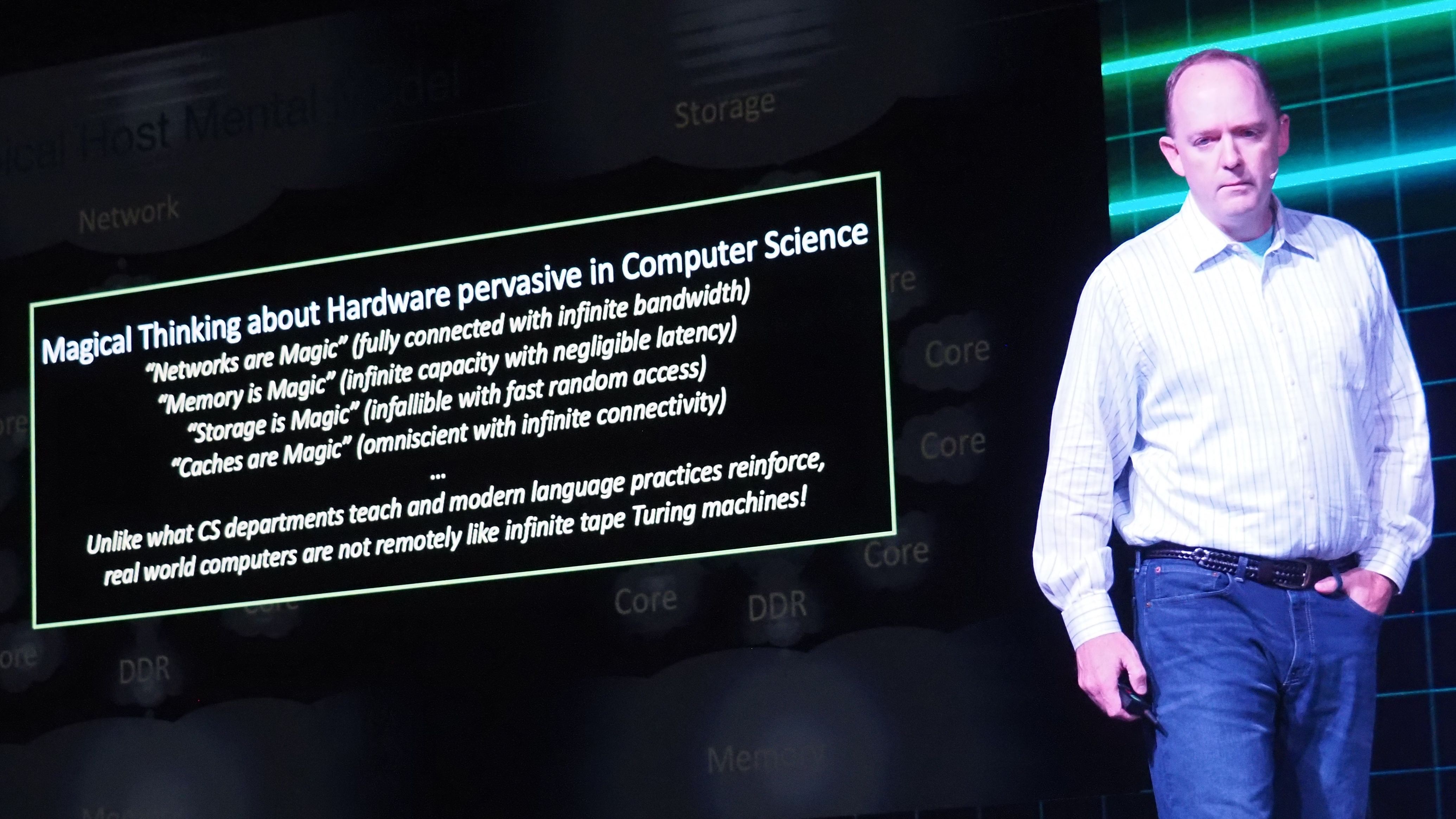
Solana is ramping up efforts on the Firedancer upgrade, a significant software enhancement expected to greatly improve the blockchain’s transaction speed.
By the end of the week, Solana’s main developers are aiming for a “super majority” of processing power on the chain’s test network to run an early iteration known as Frankendancer, according to communications on Solana’s technical Discord server.
This initiative is the most substantial test for Firedancer to date, which has been under development since 2022, a period during which the blockchain faced numerous challenges. The upgrade is anticipated to enhance both stability and speed.
Proponents of Firedancer, which is developed by Jump Crypto, are optimistic about its potential performance—claiming it could achieve one million transactions per second, far surpassing current blockchain technologies.
As of now, Firedancer lacks an official launch date. Currently, Jump Crypto has only rolled out Frankendancer, a hybrid model integrating features from both Firedancer and Solana’s existing client framework. Initially, only a limited number of validators adopted Frankendancer; many cited technical issues and frequent crashes.
“It’s been notoriously difficult to keep that thing alive and running but we’ve done it,” said Kollen House, reflecting on Frankendancer’s adoption among Solana’s validators. He sees the current push for broader acceptance as indicative of the software’s growing reliability.
“If you have the confidence to say, ‘Hey we want 60% of testnet to run this client,’ then we’re making progress,” House added.
Crypto networks like Solana are supported by numerous validators, each operating computers with client software that connects them to the network. This decentralization is crucial for blockchain security but complicates the rollout of system upgrades.
Over the years, the Solana Foundation has addressed coordination challenges through subsidies. Its delegation program assists smaller validators—those with minimal staked SOL, and thus lower income from validation work—by enhancing their profitability. The foundation encourages validators to keep software updated by threatening to withdraw their delegated stakes if they lag behind.
For the first time, the Solana Foundation has leveraged these subsidies to drive the adoption of Frankendancer. Validators have a limited window to transition their systems to the new client before forfeiting their delegated stakes.
“Currently, it looks like they are making strides,” said Jon, a validator operator who has been using Frankendancer for a few months. “Roughly 30% of the testnet validators are on board with Frankendancer now, but it appears we still lack the supermajority.”


